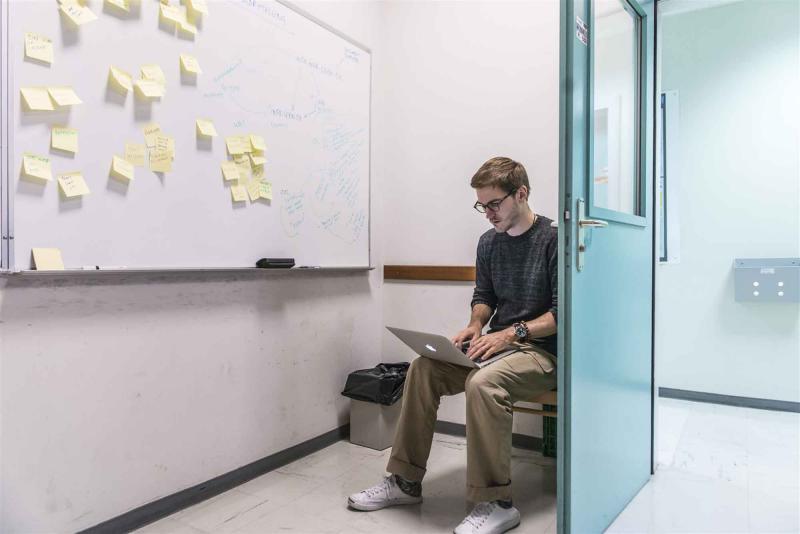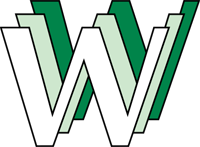An interview with line-mode browser hack day participant Craig Mod.

Craig Mod at the line-mode browser hack days at CERN (Image: Anna Pantelia/CERN)
Name: Craig Mod
Nationality: USA
Travelled from: San Francisco
Profession: Writer and publisher. Works with web technology for 16 years
Why did you come to the CERN line-mode browser hack days?
Well, I see everything through the lens of publishing. The web is undeniably one of the most important tools democratizing our ability to take a piece of text — an idea — push it out there and have a tremendous audience with near universally accessible and relatively inexpensive resources on your end.
If we go back to where that all began, there was, of course, Tim Berners-Lee and the Nexus browser but, really, the line-mode browser was the democratization of that first bit that they built on the NeXT machines.
I think it's inspiring and humbling. It's fascinating to see what this simple, really difficult to use, command-line interface browser morphed into. How this thing that had such humble beginnings became the seed for how so much of publishing works today. The way we think about text — the way we think about contemporary knowledge dissemination — all began here with this project.
What do you think was the main change that the browser brought to the publishing world?
I think it was the fact that this was a near universally accessible application. It was the first time that anyone who had a machine anywhere could download this piece of software and suddenly they could be publishing to a place that was theoretically accessible anywhere there was a computer and internet connection. And that piece of publishing had a real, public, open address. Obviously, 20 years ago the internet wasn't quite as pervasive – connections weren't quite as pervasive. But this browser got everyone excited and helped to push the internet outside of academia and into our pockets all over the world.
What are you hoping to achieve in these two days?
I'm focussing on... Honestly, I'm just geeking out. I'm just happy to be here. It feels like a weird Mecca of sorts to come to if you work with the internet, if you work with the web. Especially considering I owe almost all of the work I do today and that I have done over the last 15 years to what was created here. It's just nice to have that historical context and to understand the energy of the place where everything that we use today was born.
Do you remember your first experience of the web?
Yeah. I was using Prodigy – that wasn't technically the World Wide Web, it was a consumer shell of the web. But I remember when I got my first UNIX shell account on a local ISP. I must have been 14 – back in 94 or 95. Opening links using a text based browser. There was a moment where you could – it was super geeky – you could emulate a PPP socket, which allowed you on a Windows 95 machine to open up Mosaic, and using a shell account, connect to the internet, to the World Wide Web.
I remember the first time I fired up Mosaic, I was looking at a web pages and I thought immediately, "Okay, this is worth investing in. This is worth giving my time to."
Dan Noyes on
